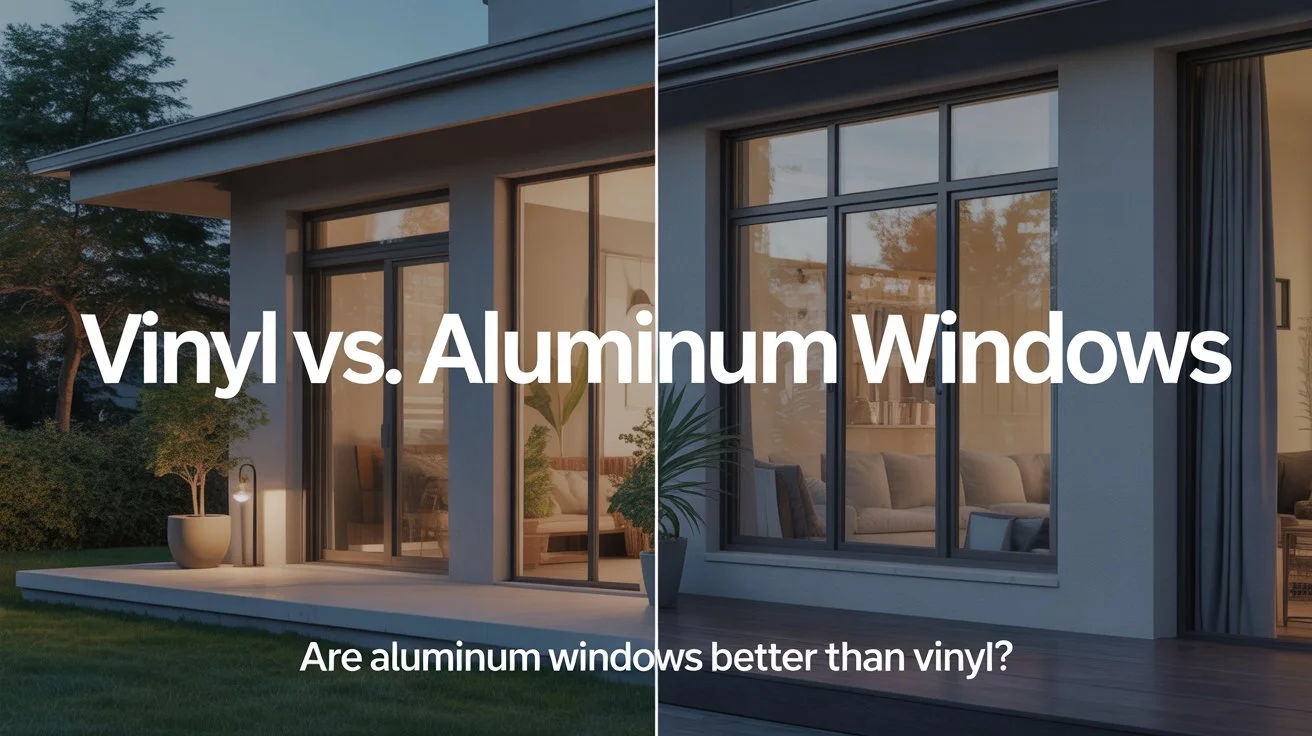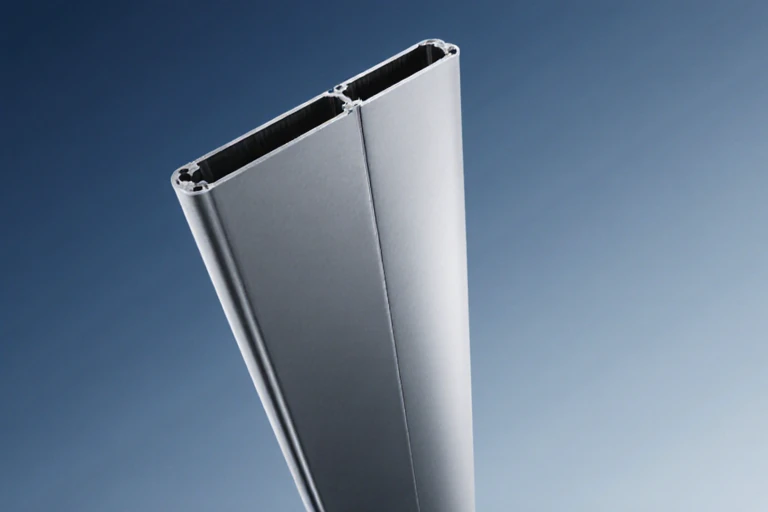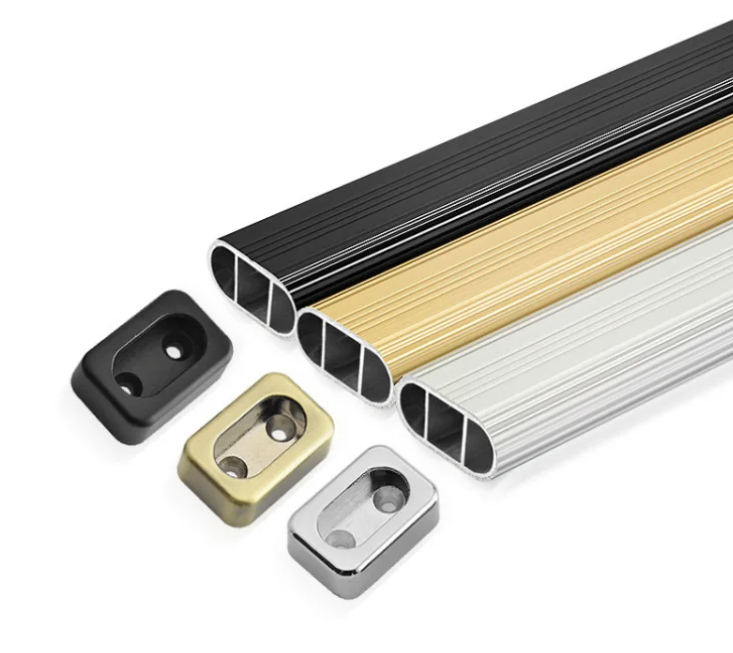Vinyl vs Aluminum Windows: Are Aluminum Windows Better Than Vinyl?

Choosing the right window material matters a lot for any homeowner or builder. Vinyl and aluminum windows are two popular choices today. Each type has its own pros and cons.
This guide explains the main differences between vinyl and aluminum windows. You will learn about their materials, looks, energy use, and costs. By the end, you will be ready to pick the best windows for your home in 2025.
Material Composition and Manufacturing Differences
Vinyl windows are made from polyvinyl chloride (PVC), a plastic that traps heat well. Manufacturers heat this material and shape it into frames. These frames are light, resist moisture, and bend slightly to handle temperature changes without damage.
Aluminum windows have frames made from metal mixed with magnesium and silicon. These frames are light and strong. They come with a protective coating to fight weather damage. Because metal transfers heat easily, manufacturers add special barriers inside to reduce heat loss or gain.
In short, vinyl frames insulate naturally and flex a bit. Aluminum frames are thin and strong, but need extra help to keep heat in. Knowing this helps you understand how each window works in your home.
Appearance, Aesthetics, and Design Options
Vinyl windows have thicker frames and a classic style. They come in many colors and finishes, including textures that look like wood. This makes them popular for homes wanting a traditional touch or easy color options.
Aluminum windows have thin, sleek frames that let in more light. Their slim design fits well with modern home styles. These frames come in factory-applied colors, but repainting them at home is difficult. Powder-coated aluminum offers strong, lasting color choices when you buy.
The frame thickness changes how much light and view you get. Aluminum’s slim frames show more glass area for brighter rooms and clearer views. Vinyl’s thicker frames look solid but block some glass space.
Energy Efficiency and Insulation Properties
Energy efficiency is key when picking windows. Heating and cooling costs are rising fast. Vinyl windows block heat well because they use PVC, a good natural insulator. This keeps homes warm in winter and cool in summer. Many vinyl windows have Energy Star labels, which means they help lower energy bills.
Aluminum windows are metal and pass heat quickly. Plain aluminum frames lose heat easily. To fix this, manufacturers add thermal breaks—plastic barriers inside the frame that slow heat flow. Even so, aluminum usually does not keep heat as well as vinyl.
Simply put, vinyl windows save more energy and work better in colder or changing climates. They help cut your bills and keep your home comfy all year.
Durability and Lifespan
Vinyl and aluminum windows both offer good durability, but each reacts differently to weather.
Vinyl windows last 30 to 40 years with proper care. They resist moisture, rot, and pests. However, strong heat can cause vinyl to warp, crack, or fade over time. Maintenance is usually low.
Aluminum windows are stronger and resist bending or breaking. This makes them a good choice for large windows or tough climates. Still, aluminum can corrode, especially near salty coastlines, unless it has a protective finish. Their lifespan is typically 20 to 25 years.
Maintenance Requirements
Vinyl windows need little care. They do not require painting or staining. Cleaning with soap and water keeps them looking fresh. Check and replace caulk when it wears out to keep windows sealed.
Aluminum windows need more upkeep. Their coating can chip or scratch, especially in tough weather. You may have to repaint or powder coat them to keep their look. Lubricate hinges and locks often to keep them working well.
Both types are easier to care for than wood windows. Vinyl has the edge in lower long-term maintenance.
Noise Insulation and Security
Vinyl frames block sound well because they are thick and dense. This reduces noise from outside and makes your home quieter. Using double or triple-pane glass improves this effect.
Aluminum frames are strong but pass sound more easily. They let outside noise in unless combined with insulated glass and thermal breaks, which reduce sound transfer.
Aluminum windows offer better security. Their strong frames and hardware make breaking in harder for intruders.
Environmental and Sustainability Factors
Aluminum can be recycled fully. Making aluminum windows often uses recycled materials, which lowers waste and saves resources.
Vinyl windows come from plastic. Producing vinyl involves chemicals that can harm the environment. Recycling vinyl is harder, but new methods are improving this.
Choosing windows with Energy Star labels helps cut your home’s carbon footprint. Both vinyl and aluminum windows with this label save energy and reduce pollution.
Best Climate and Use Cases
Vinyl windows suit regions with wide temperature swings. They keep heat inside well, making homes cozy in cold or continental climates.
Aluminum windows work better in mild or coastal areas. Their strong frames stand up to wind and storms. Coatings protect aluminum from rust near salty air.
For large windows or modern homes, aluminum often takes the lead. Its slim frames allow more light and support big glass panels.
Common Myths and FAQs
- Vinyl windows turn yellow over time. This may happen with low-quality vinyl, but good UV coatings protect newer products.
- Aluminum frames do not rust. They can corrode, but do not form rust like iron.
- Vinyl is less durable than aluminum. Vinyl is strong but may soften or warp in very hot weather.
- Aluminum windows need more maintenance. They often require repainting and hardware care.
- Which saves more energy? Vinyl windows insulate better and use less energy.
- Are vinyl windows cheaper? Aluminum costs less up front. Vinyl saves money later with energy efficiency.
Aluminum vs Vinyl Windows: Which Material to Choose?
| Priority | Window Material Recommendation |
|---|---|
| Energy Efficiency | Vinyl |
| Durability | Aluminum |
| Cost Efficiency | Aluminum upfront, Vinyl for long term |
| Style & Aesthetics | Aluminum for a modern, sleek look, Vinyl for a traditional look |
| Noise Insulation | Vinyl |
| Low Maintenance | Vinyl |
| Coastal Resistance | Aluminum with protective finish |
Final Thoughts
Choosing the right window depends on your needs.
Vinyl windows balance cost, energy savings, and low upkeep. They suit most homeowners in 2025.
Aluminum windows are best if you want strong frames and a modern look. They work well in mild or stormy areas.
Both options serve different goals. Pick the one that fits your home and lifestyle.






